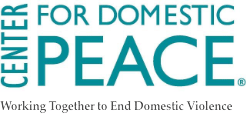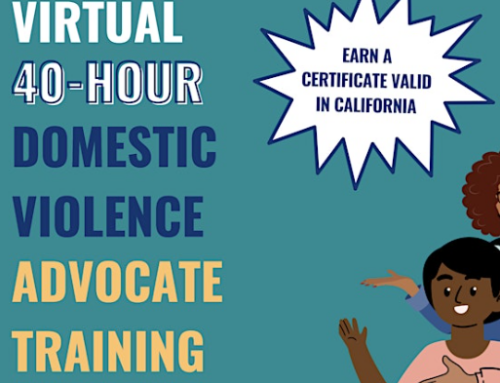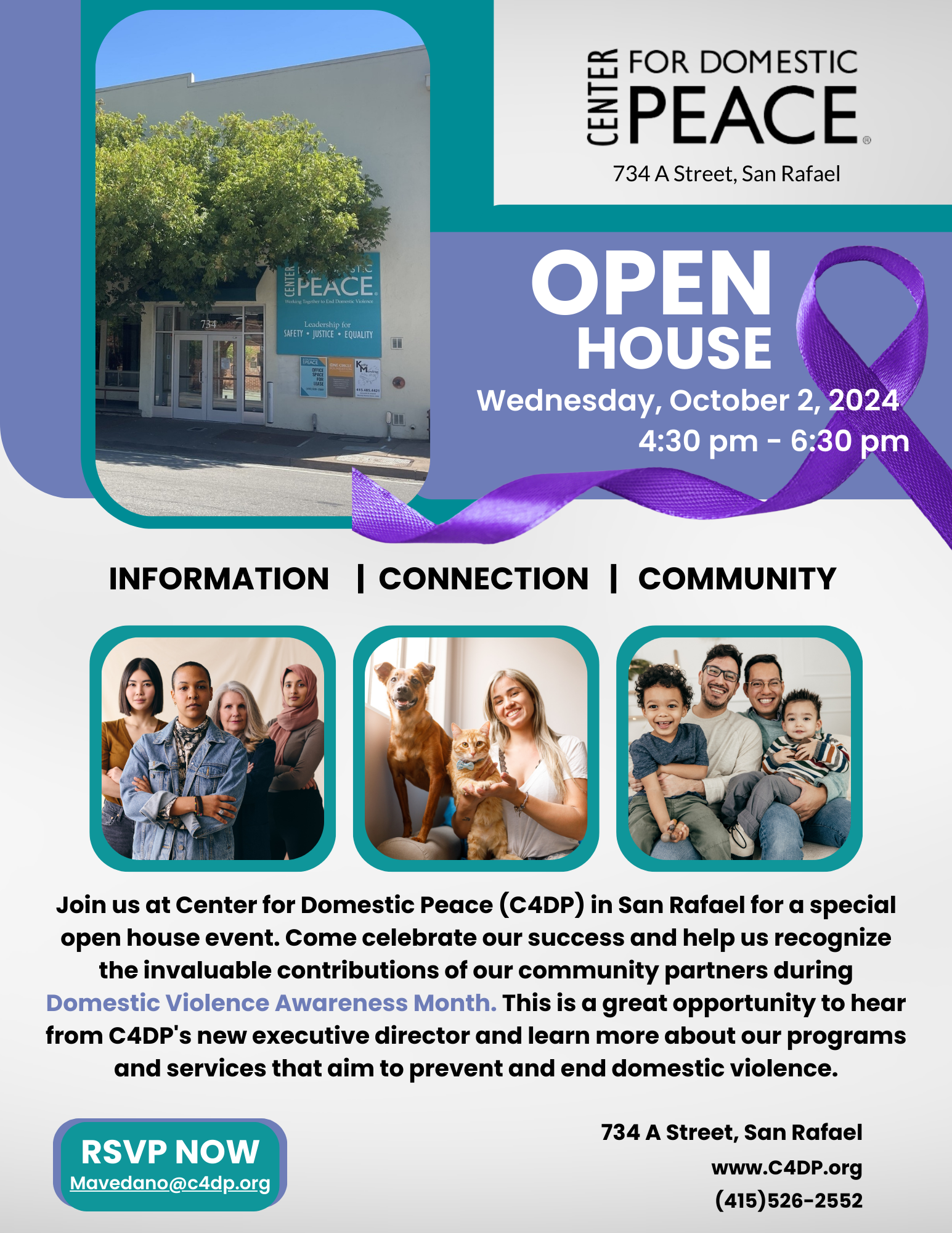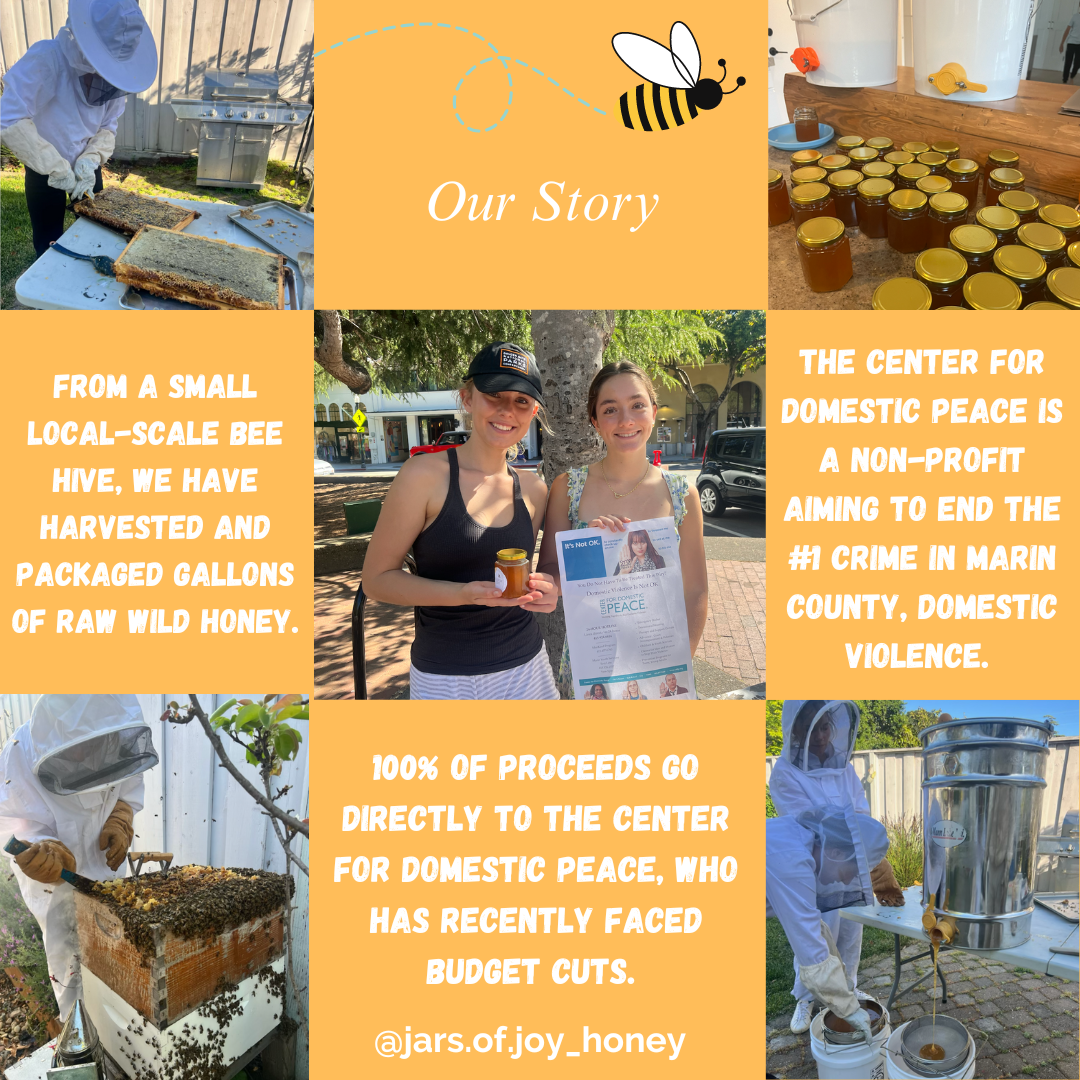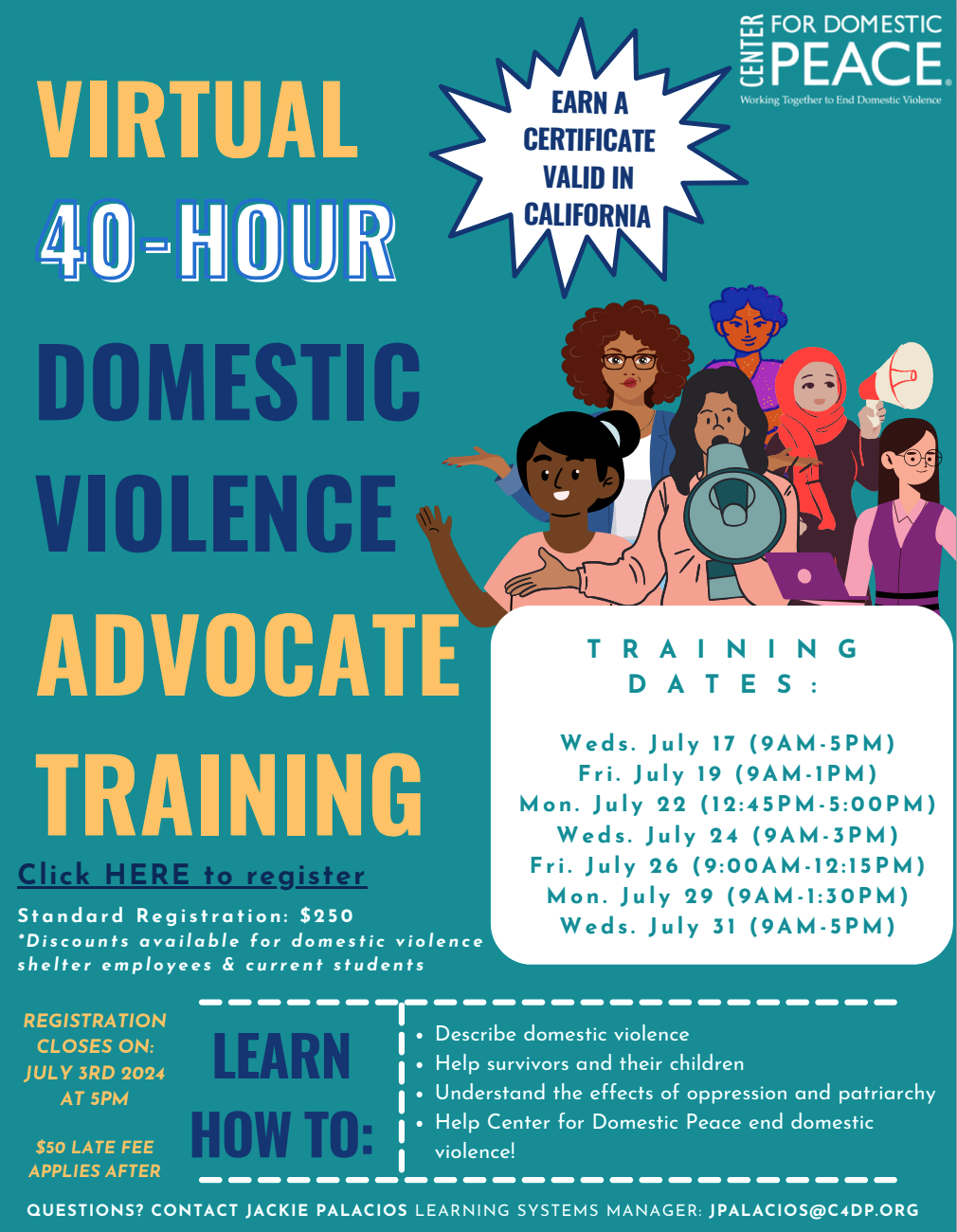Tips for helping a friend experiencing domestic abuse during COVID-19.
During a public health crisis, when officials recommend “social distancing” to slow the spread of infection, those facing domestic abuse may encounter additional risk. More likely than not, they will find themselves confined in the same spaces with their perpetrators for prolonged periods of time, limiting their privacy and exacerbating threats to their safety. If you have a friend, family member or co-worker in an abusive relationship, it can be difficult to know what to do. But you can do your part by starting a conversation, offering support and suggesting ways to get help. This guide offers tips on how you can help a friend dealing with domestic abuse while also maintaining your safety during a public health crisis. Leaving an abusive relationship can be a dangerous endeavor in the best of times, but during times of global crisis it becomes even more difficult. This is why it’s important not to pressure someone to leave when they don’t feel ready. Instead, let them know you are there for them, that you support them, and that you’ll be there to help them figure out the best strategies to get through this safely.
1. Ask them how they would prefer to connect. It’s important to establish a safe communication channel since they will be, in many instances, physically close to the abuser, who might be monitoring conversations. For instance, is there a specific platform or app they prefer to use? Would they prefer an instant message or text over a call? Or perhaps instead of a messaging app, you could chat in an online game, since the abuser may be less likely to look there. If communicating through text or chat, it may be helpful to remind them about erasing messages when the conversation is over. What is most important is that they think through which communication method will be the least risky for them. And remember, what’s safe for someone one day may be dangerous the next, so be sure to check back in each time to see if that method is still best for them.
2. Stay in touch and be creative. Once you identify a preferred way to connect, make sure you stay in touch and try to be creative in how you reach out. Avoid making the abuser suspicious so the communication lines can stay open. If you both have children, for example, you can suggest joint calls between both yourselves and the kids. Or create a secret code for the conversations, such as multiple code words, sentences or emojis that would help you communicate more safely. For instance, think together about a code word or symbol that would trigger a call from you. This might very well be the best strategy to disrupt an ongoing abusive situation and prevent it from escalating. Or find another one that would mean they need you to call a friend or family member, the police, or the local helpline. Keep the lines of communication open without directly asking about the abuse, and let them know you are available to talk and help whenever they may need it.
3. Be supportive and believe in them. Reassure them that they’re not alone and that there is help and support out there. It may be difficult for them to talk about the abuse. If they want to talk, listen carefully and be empathetic. Let them know that the abuse is not their fault and that you believe what they’re saying. Ask what you can do and make yourself available to help them figure out a solution. Your support will be even more important during these trying times.
4. Help them think through how to stay safe during COVID-19. Help them think through what dangerous situations may arise, and help create a plan for how they can get through it safely. This could include, for instance, giving them the number to C4DP Helpline (415-924-6616), or developing an escape strategy – such as saying they need to go to the pharmacy or grocery store and, once there, asking to use the phone to call for help.
5. Let them know that C4DP is here to help. Our hotline is open 24-7, in English and Spanish: 415-924-6616.
Click Here to Download our COVID Tip Sheet!~
Source: National Network to End Domestic Violence (NNEDV)
